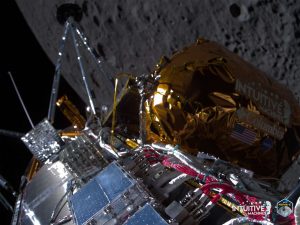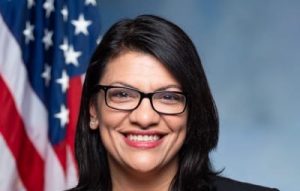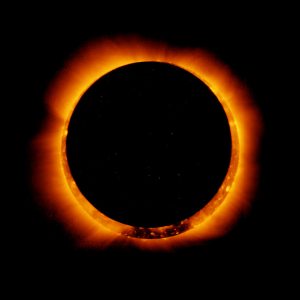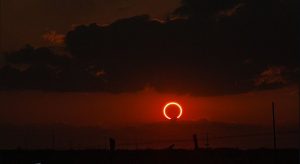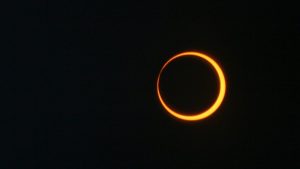NASA is delaying its initial target of putting astronauts back on the moon by 2024, missing the deadline set by the Trump administration. The space agency will now be aiming for 2025 at the earliest for the first moon landing by astronauts in a half-century.
Talking about the reason behind the delay, NASA Administrator Bill Nelson on Tuesday alleged that the US Congress did not provide enough money to develop a landing system for its Artemis moon program. Furthermore, Nelson said a legal challenge by Jeff Bezos’ rocket company, Blue Origin, stalled work on the Starship lunar lander under development by Elon Musk’s SpaceX.
Also Read | SpaceX capsule undocks from the Space Station with four astronauts
NASA is still targeting next February for the first test flight of its moon rocket, the Space Launch System, or SLS, with an Orion capsule. While no one will be on board, astronauts will strap in for the second Artemis flight, flying beyond the moon but not landing in 2024, a year later than planned. That would bump the moon landing to at least 2025, according to Nelson.
“The human landing system is a crucial part of our work to get the first woman and the first person of colour to the lunar surface, and we are getting geared up to go,” Nelson said, according to Associated Press.
Also Read | No toilet for SpaceX crew returning from the International Space Station
NASA’s last lunar landing by astronauts occurred during Apollo 17 in 1972. Altogether, 12 men explored the moon’s surface.
During a National Space Council meeting in 2019, Vice President Mike Pence called for landing astronauts on the moon within five years “by any means necessary.” NASA had been shooting for a lunar landing in 2028, and pushing it up by four years was considered at the time exceedingly ambitious, if not improbable.
Also Read | Launch or Splashdown? NASA debates as SpaceX crew launch bumped again
The space agency also is requesting a bigger budget for its Orion capsules, from $6.7 billion to $9.3 billion, citing delays during the coronavirus pandemic and storm damage.
Congress will need to increase funding, beginning with the 2023 budget, in order for NASA to have private companies competing for the planned 10 or more moon landings by astronauts, Nelson said.
Meanwhile, Vice President Kamala Harris will convene her first National Space Council meeting, as its chair, on December 1.
With inputs from the Associated Press

